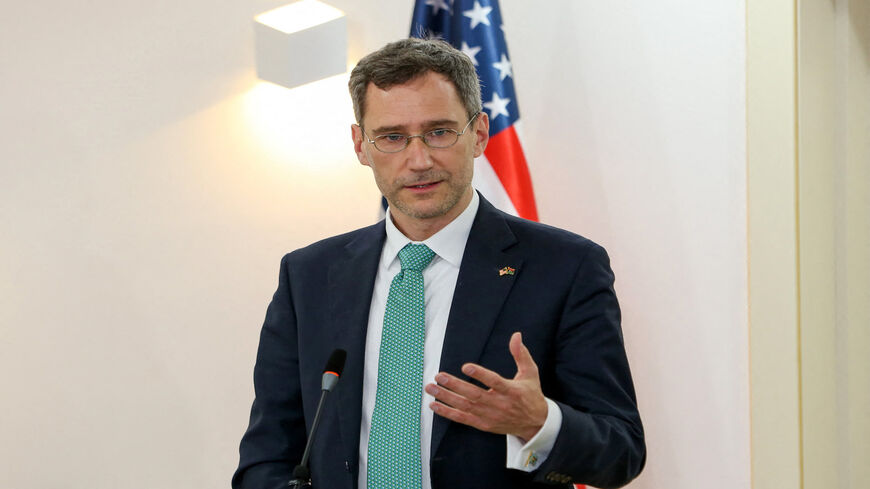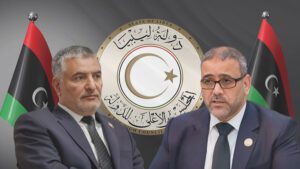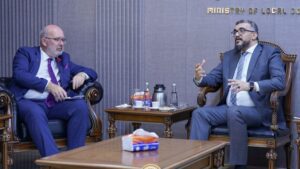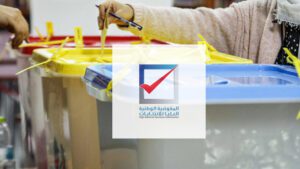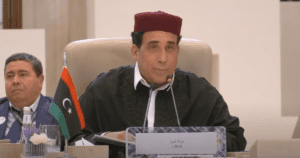The US Acting Assistant Secretary of State for Near Eastern Affairs, Joey Hood, said Berlin II Conference had demonstrated strong agreement to support Libya’s national elections in December of this year, saying Washington also reaffirmed support for the full implementation of UN Security Council Resolutions 2570 and 2571, which were adopted in 2021 – sorry, in – yes, 2021 – along with the October 23rd, 2020 Libyan nationwide ceasefire agreement.
Hood added in a briefing on Friday that issues surrounding military de-escalation were highlighted, and while still unresolved, useful bilateral discussions were held on how to begin to operationalize the departure of foreign fighters.
“The conference brought together the international community to support the progress the Libyan people have made towards an inclusive, negotiated political solution. The United States supports a sovereign, stable, unified Libya with no foreign interference, and a state that’s capable of combating terrorism within its borders.” Hood indicated.
He said the US is also firmly opposed to all military escalation and all foreign military intervention, which only deepen and prolong the conflict, adding that they are committed to increasing their diplomatic support to the progress made by the Libyan people, including through the work of our special envoy.
“In the months ahead, the United States will continue to promote international efforts to support the interim government as it prepares for the elections and works to end the conflict. We’ll also work with the Libyan people and international partners to ensure support for strengthening Libya’s institutions and governance.” Hood explained.
He also reiterated that Libya has a number of obstacles that it needs to overcome but can overcome, saying: “The first one is setting the constitutional and legal basis for the elections, which must be done by July 1st, and we continue to call for that to happen.”
Doing that will then unlock a number of things that the high national electoral commission needs to do to move to the next steps.
“But security is obviously going to be a problem in many places throughout the country where armed groups that are not part of any government organization are moving around freely and attacking. I mean, we’ve seen attacks by terrorist groups in the past couple of months that have been just shocking, especially in the south. And so security is another one. Administratively, obviously they haven’t had a nationwide election in a long time. I’m sure that they need to train people and they need to even bring electricity and other things like that to certain parts of the country to make sure that just administratively the election can take place.” Hood further added.
With regard to Haftar’s closure of borders of Libya with Algeria, Hood said the Government of National Unity is the recognized Government of Libya and unilateral actions like closing international borders don’t have the support of the international community.
“We think they’re [Haftar’s closure] counterproductive to the political transition. Under the Libyan Political Dialogue Forum roadmap, the presidential council is supposed to carry out the functions of the supreme commander of the Libyan army in accordance with Libyan legislation.” He added.
Hood revealed that the US believes that foreign forces, fighters, and mercenaries’ number in Libya is in the thousands on each side, saying they continue to engage with all of our partners and allies on how to operationalize their departure.
“We believe that progress on this was made here in Berlin, but obviously there is much more work to do. We think that this involvement is destabilizing and Russia’s involvement in particular remains of concern given nearby US, NATO, and European interests throughout the Mediterranean.” He remarked.

